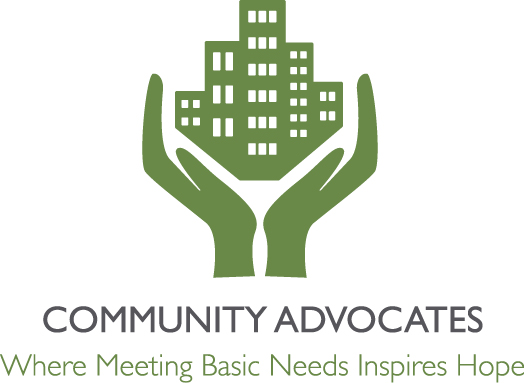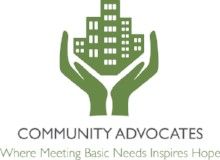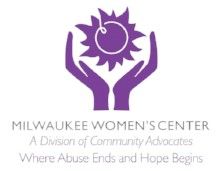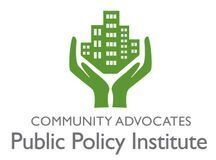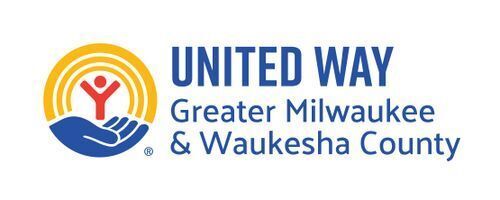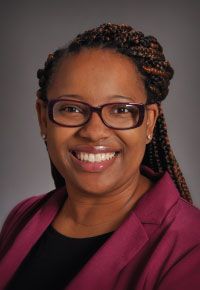
This month, Penelope Dixon was named the Milwaukee Women’s Center Manager, making her responsible for the day-to-day operations of the emergency shelter serving adults, families, and kids who are impacted by domestic violence and homelessness.
Although Dixon officially came on full time in June, she’s been connected to the Milwaukee Women’s Center for much longer. Throughout 2018, as part of her work as a Parent-Child Interaction Therapy practitioner with the Institute for Child Well-Being, a collaboration between Children’s Hospital of Wisconsin and UW-Milwaukee’s Helen Bader School of Social Welfare, she led trauma-informed self-care workshops for guests at the shelter. The workshops were funded through the Milwaukee Brighter Futures Initiative, and subgranted by Community Advocates Public Policy Institute.
“We came in three separate times, because the population always changes,” Dixon explained. “It was so impactful for the women. We’d go in and talk about trauma, what it is, and how it affects your body, but in very laymen’s terms. We also talked about protective factors, so even though you have experienced some of these [traumatic] things, you can learn skills to help reverse some of that trauma. There were lots of tears, but I would say the beginning of healing would happen.”
Dixon and her colleague also followed up with meetings with Milwaukee Women’s Center’s staff to ensure that they knew what the participants were learning and how they could support their healing.
Dixon stayed connected to the shelter while she worked as a school counselor at Cristo Rey Jesuit High School during the 2018-19 academic year. When she discovered that the shelter manager’s position was open, she was intrigued, but wanted to finish out her year at the school. She began working part time at the shelter in April to meet staff, become more familiar with issues unique to survivors of homelessness and domestic violence, and work shifts at the shelter.
“I would come after school and on a few Saturdays, and I’d answer phones at the front desk, because if you are sitting at the front desk for ten minutes you will learn at least three new things,” she said. “That’s where everyone comes to ask questions and get things. You’re getting the crisis line calls. It’s like an informal training.”
Dixon said she wants to continue providing the trauma-informed self-care series, which will be rebranded “Healing Starts,” a way to honor a participant who said “my healing starts now.” She also wants to add parenting skills workshops and other wellness strategies to complement the work being done at the shelter and through the Milwaukee Women’s Center’s substance use disorder treatment programs, Positive Options for Women in Recovery (POWER) and the English/Spanish-language Family Intervention Program (FIP).
“I feel like there is this trickle-down effect in that if we can increase adult capacity and enhance their social and emotional well-being, that impacts the children, and that ultimately impacts the community,” she said. “There is this widespread trickle-down effect when we can help adults who have experienced trauma or adversity. I’m really excited to be on board. I think the possibilities are endless.”

